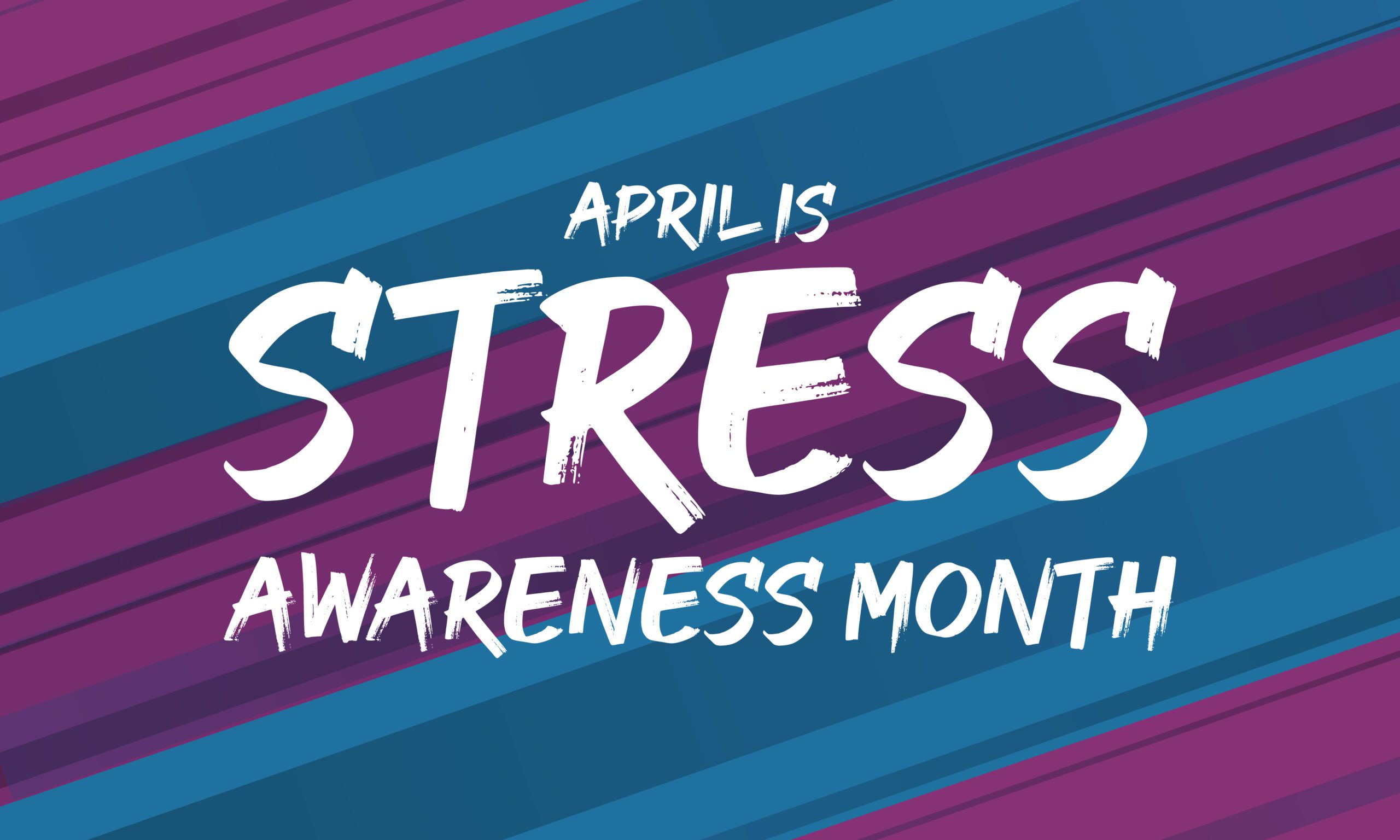
Stress is the body’s nonspecific response to any demand – pleasant or unpleasant.
While people often define stress differently, common definitions include “physical, mental, or emotional strain or tension” and “a condition or feeling experienced when a person perceives that demands exceed their available personal and social resources.”
Most people associate stress with distress — the negative kind of stress that causes discomfort and harm. However, there is also a positive kind of stress called eustress, which helps improve performance. For example, the stress of preparing for a job interview can motivate focus and effort, while being absolutely overwhelmed at work can lead to decreased productivity.
Stress is not just an emotional experience; it involves biological, psychological, and social components, as explained by the biopsychosocial model:
The negative response from distress can be understood in three phases:
Understanding how stress affects you — and the difference between eustress and distress — can help you turn stress into a tool for growth while minimizing its negative impact. This awareness empowers you to respond to challenges more effectively and improve both your well-being and overall performance.

of mothers feel stressed in their homes
Good stress in life, such as getting married, having a baby, winning money, getting promoted, making new friends, or graduating, that has positive connotations.
Bad stress in life, such as experiencing divorce, punishment, injury, negative feelings, financial problems, or work difficulties, that has negative connotations.
Fight or flight. The body prepares to defend itself. It takes about 90 minutes for your metabolism to return to normal when the response is over.
The cost of daily living: bills, kids, jobs, etc. This is the stress we tend to ignore or push down. Left uncontrolled this stress affects your physical health.
Stress affects everyone differently, and the first step to managing it is understanding how it impacts you. Explore science-based research and information designed to help you understand and manage your stress. Choose your category and begin your journey toward better stress management today.
Hans Selye, MD, PhD defined stress as the body’s nonspecific response to any demand – pleasant or unpleasant. He hypothesized a general adaptation syndrome with three components:
Stress diseases are largely caused by errors in the body’s general adaptation process when the body’s regulatory processes are improperly balanced. Issues like excess, deficiency, or disequilibrium of adaptive hormones — such as corticoids, ACTH, and growth hormones — can interfere with the body’s ability to manage stress. Chronic stress further weakens the body’s defense mechanisms, reducing antibody production and diminishing the inflammatory response.
Reduce stress and build resilience with practical, science-based tools from AIS and our partners. Start today by exploring our resources designed to help you manage stress effectively.
Lewis Coleman, MD, Chief Science Officer at The American Institute of Stress
Professor Hans Selye, “the father of stress medicine,” had another idea based on his observation that people with widely varying diagnoses had similar symptoms. He coined the term “stress” to describe how we respond to the demands placed on our bodies. Building on Selye’s groundbreaking work, anesthesiologist Dr. Lewis S. Coleman has spent over 20 years uncovering the Mammalian Stress Mechanism originally proposed by Hans Selye.
Dr. Coleman’s research offers a deeper understanding of how environmental stressors affect our health and how our bodies naturally respond to repair and restore balance. This Unified Theory of Medicine and Biology explains how treatments that restore the normal function of the stress mechanism can cure disease and save lives. This development is monumental and stands as the most important advance in the history of medicine and biology for the 21st century.
The stress mechanism is a complex, beautiful force of nature. When functioning normally, it efficiently supplies oxygen and nutrients to cells, maintains and repairs tissues, and regulates critical bodily functions. However, when the stress mechanism is overwhelmed, it can waste the body’s resources and produce substances that damage tissues and disrupt organ function. This manifests as disease.
For years, medical efforts to cure diseases were hindered by incomplete and flawed understandings of physiology. Now, Dr. Coleman’s work offers a new path forward. If medical schools, researchers, and governments embrace these findings, healthcare will not only become far more effective, but it will also be kinder and gentler, working with our bodies rather than overpowering us.
50 Years Lost in Medical Advance: The discovery of Hans Selye’s stress mechanism by Lewis S. Coleman MD is available on Amazon or wherever books are sold.

Unlock benefits tailored to your level of expertise, whether you’re managing your own stress or helping others do the same. Elevate your credentials and join a renowned community in evidence-based stress management.
Receive expert stress tips, science-backed stress management resources, exclusive deals, and more.
Master your stress with AIS.


